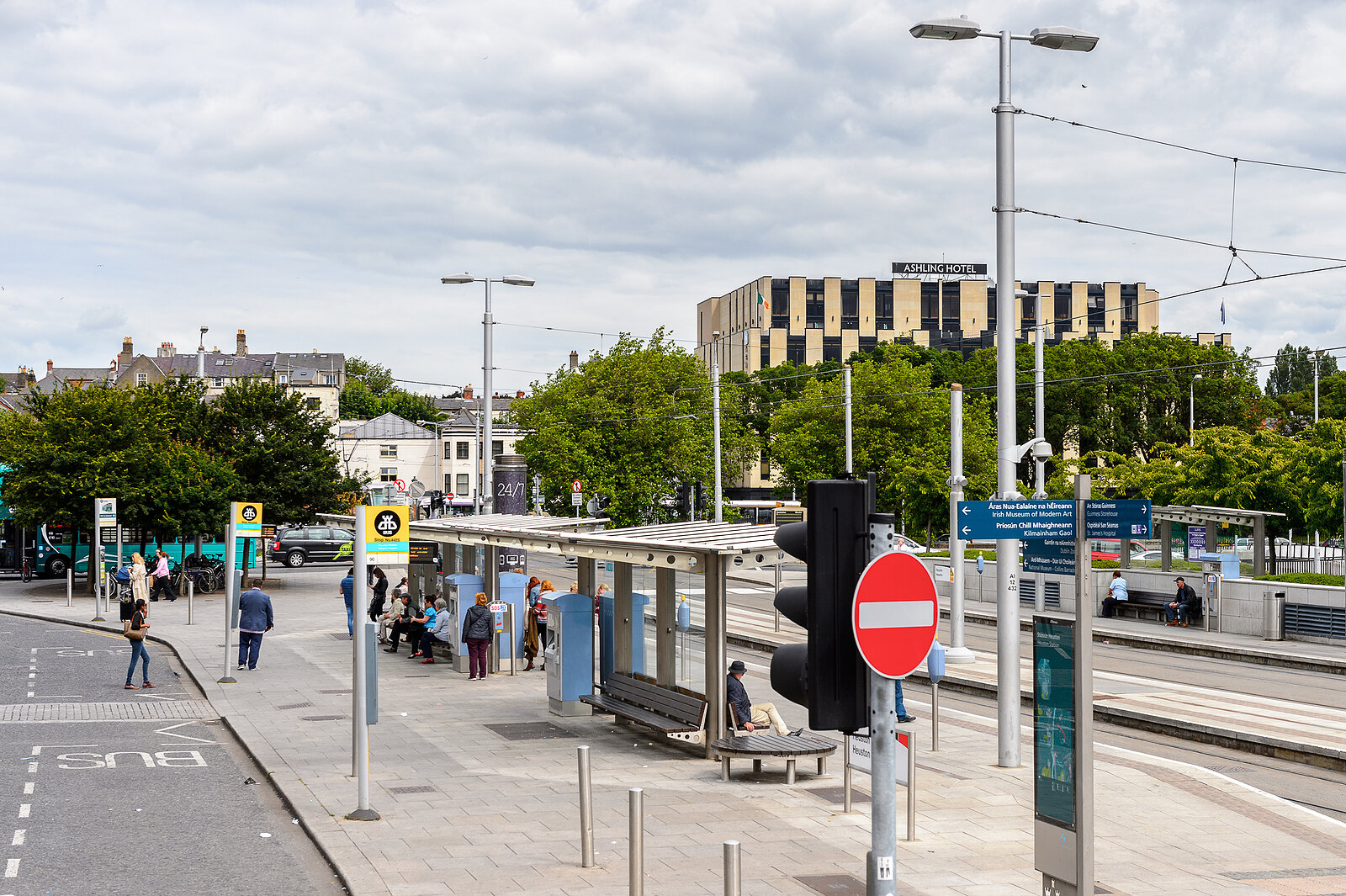
Citizen Engagement
Importance of Citizen Engagement
There are many reasons underpinning the need for citizen engagement, with meaningful democracy at the heart of those. The act of governing is a public function and for it to be broadly successful, public input is required. ‘Citizen engagement’ describes an intentional, two-way dialogue between citizens and the Government on issues in which the citizen is a stakeholder, or a person likely to be impacted. Engagement is important as it increases the likelihood of new initiatives being widely accepted and adopted by the community. At an individual level, citizens who engage and get involved tend to drive projects through to completion. Also, there is a huge social benefit derived from being an active, engaged citizen and working as part of a community, whether locally or online. Becoming engaged inevitably leads to learning and a deeper understanding of the issues, priorities, resources and limitations, which may prompt acceptance or action, but not apathy.
Digitally Engaged Citizen
Citizens can be described as ‘engaged’ when they play a meaningful role in the decision-making of policies or projects that are likely to impact their lives. While much of contemporary engagement manifests as a rant of frustration on social media, in reality, this falls short of impactful. There are many more effective - yet equally accessible - routes to meaningful engagement. The first step to get fully informed on the issue from a credible news source. Next, engage with the campaign literature or attend the public consultation or stakeholder engagement events, either in-person or a virtual town hall. Check if there are any online petitions about the issue, if not, perhaps you could initiate one? Don’t be afraid to share your views but do so through the right channels, in a transparent, helpful and respectful manner. Social media has its place, however, campaign platforms are generally more informative, more accurate and more welcoming of differing opinions and experiences. Technology is a great enabler of citizen engagement and this trend is likely to accelerate. Be sure to sign up for updates from organisations within your local area to stay informed of issues that may impact you and your family.
Tools for Citizen Engagement
Technology is transforming how the Government interacts with its citizens and hey, in turn, interact with their Government. This shift has the potential to bring more people into the public participatory process. Not only will this expand public participation, early studies suggest that it is likely to enhance the diversity of participation, which is the goal of all outward-looking governments. Technologies currently in use include two-way platforms in place of traditional one-way websites to keep citizens informed and to capture feedback in real time; immersive technologies, and augmented reality in particular, to allow citizens to ‘experience’ and truly understand proposed changes to their neighbourhood; Internet of Things (IoT) sensors to measure behaviours and/or prompt action; and gamification of everyday activities to teach good citizenship. Teaching people ‘how to citizen’ (as a verb, per Baratunde Thurston’s groundbreaking work) could potentially reimagine the relationship between citizens and their Governments.
Empowering Communities
‘Nothing about us without us’
The most important consideration before discussing community empowerment is to truly understand the makeup of that community so you can ‘meet them where they are’. This adage can be taken both literally and metaphorically when it comes to engaging; that is to say, the community must be reached physically, within their own neighbourhood, and metaphorically, where they are in relation to the policy or issues at hand. Community empowerment rarely happens in a short burst, rather, it tends to be a gradual process built up by dealing with successive community issues together. The objective of community empowerment is to help people access the tools needed for them to actively make or influence changes that improve the quality of their lives. Contribution to society is a right and a privilege, but it is also a responsibility of good citizenship. By coming together and working collaboratively to identify and articulate priorities, communities can wield greater influence and input to decision making - ‘Nothing about us without us’.




